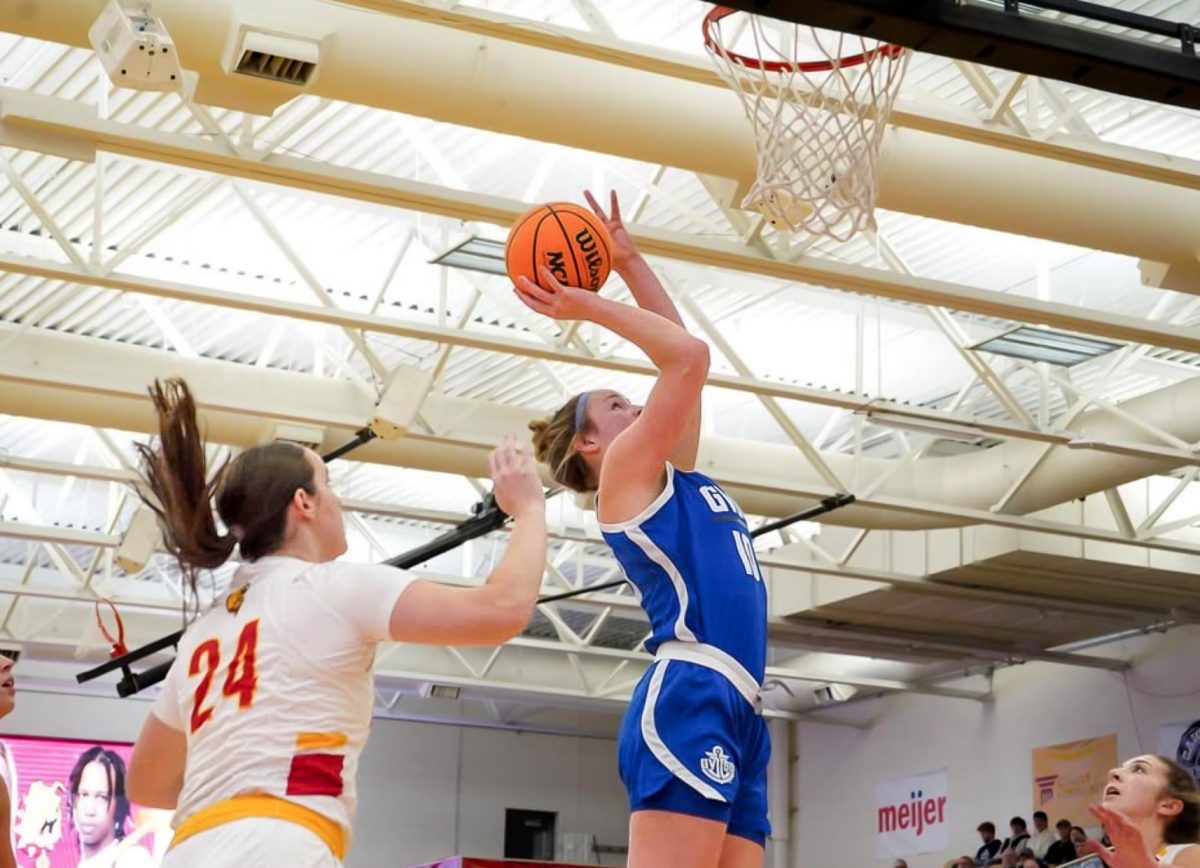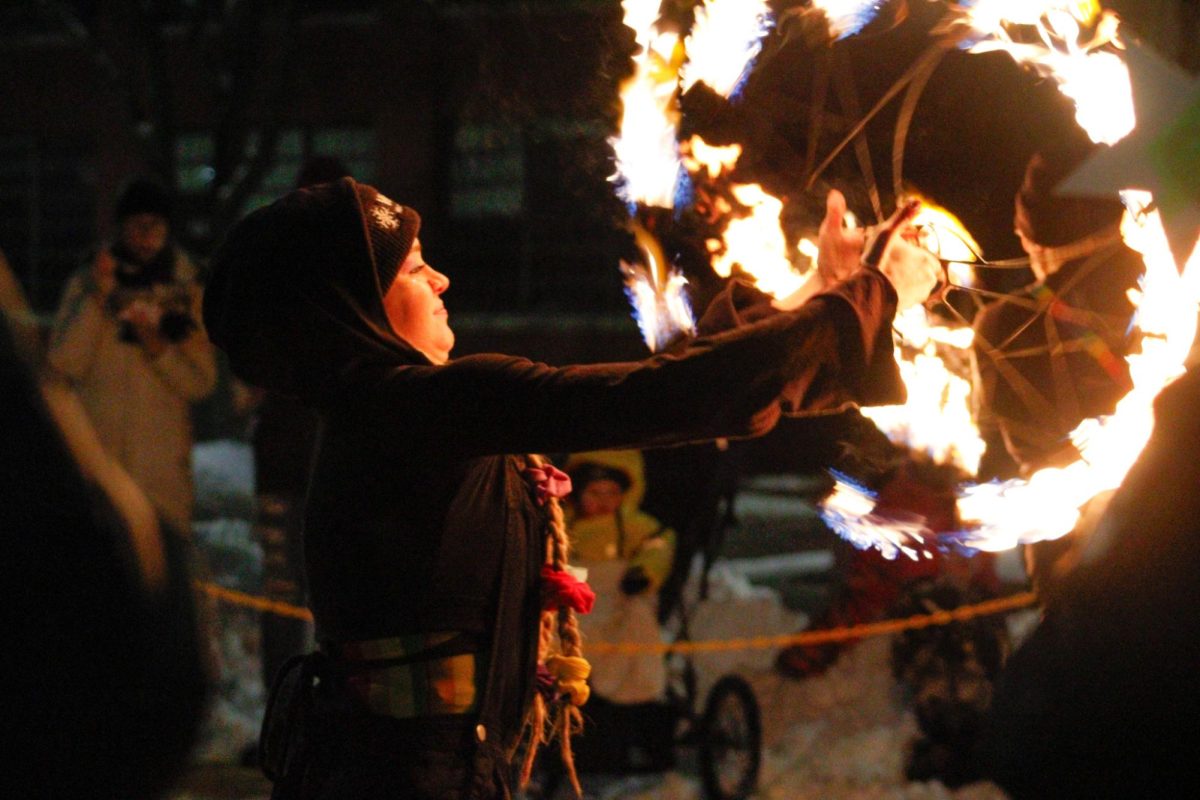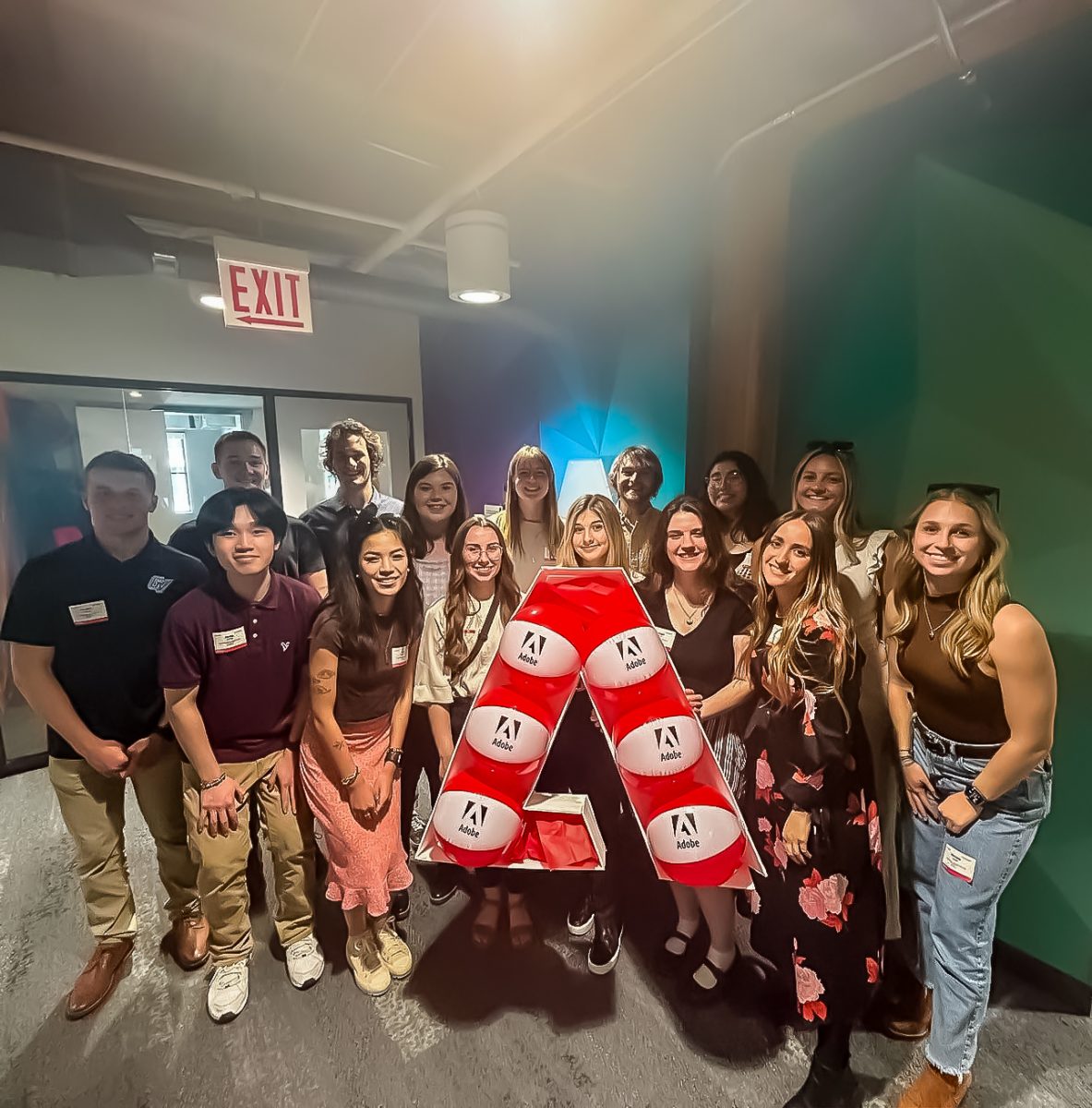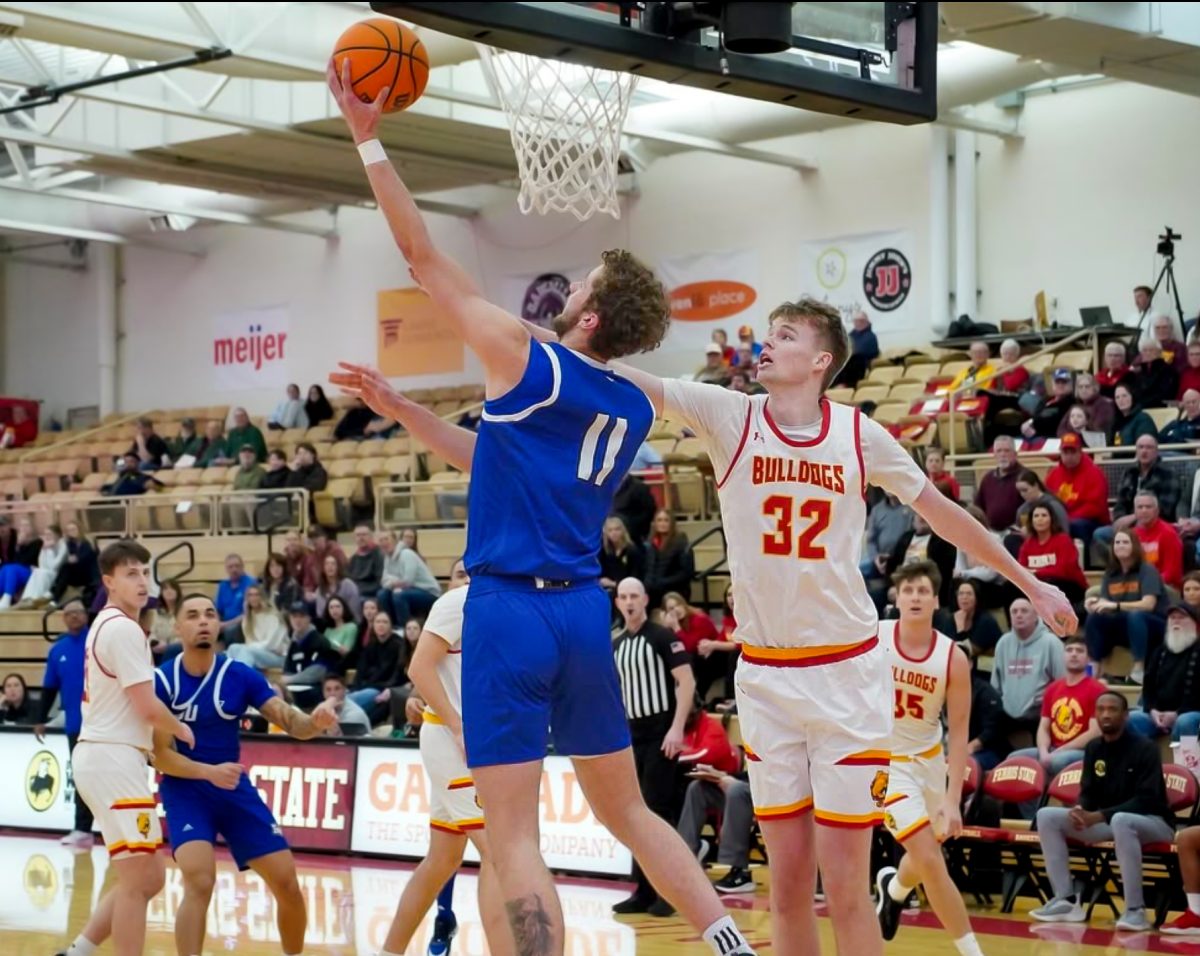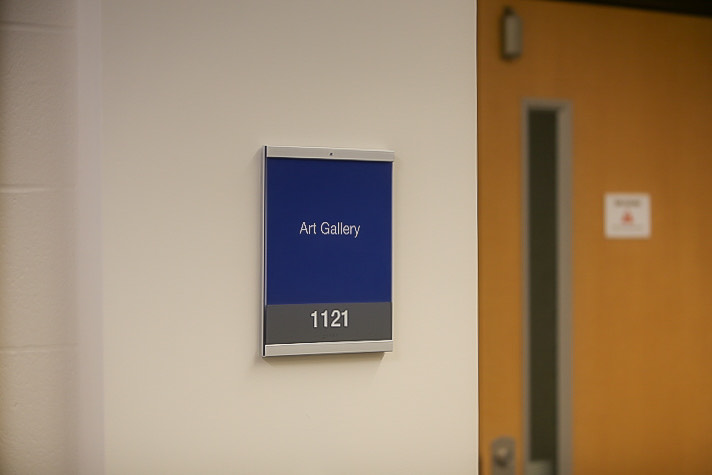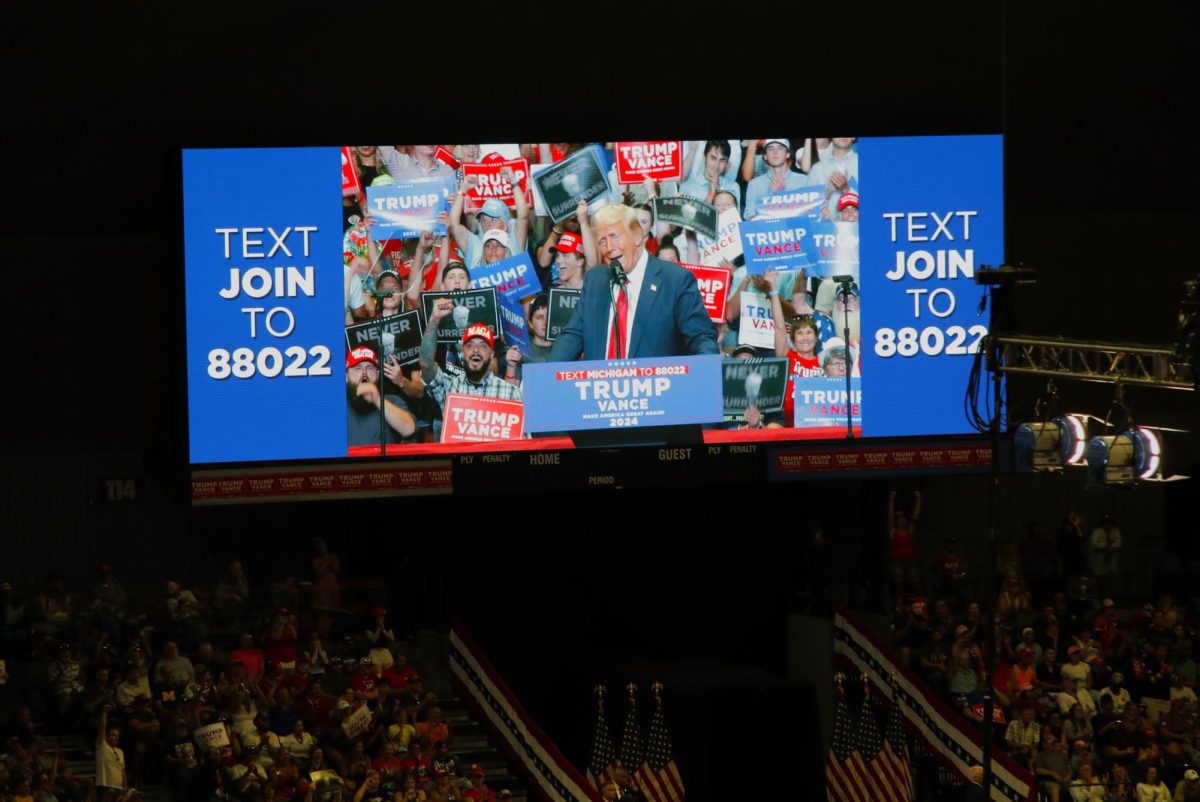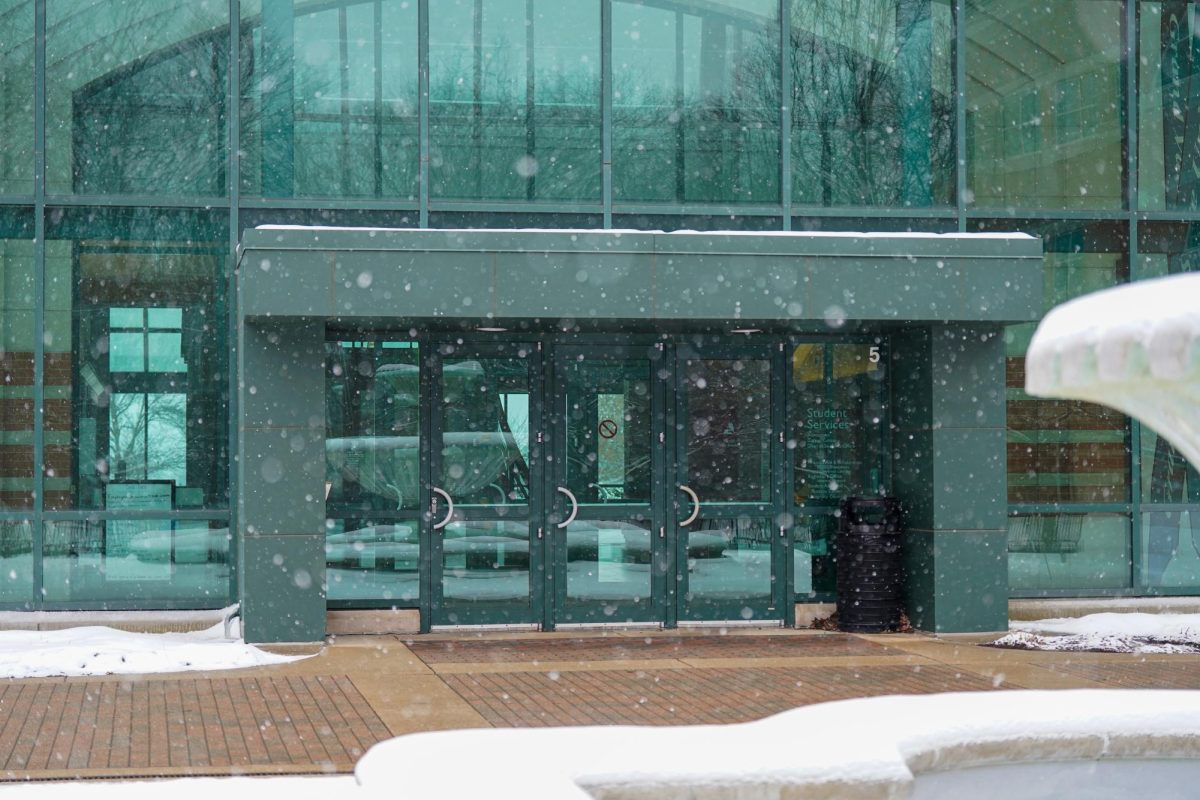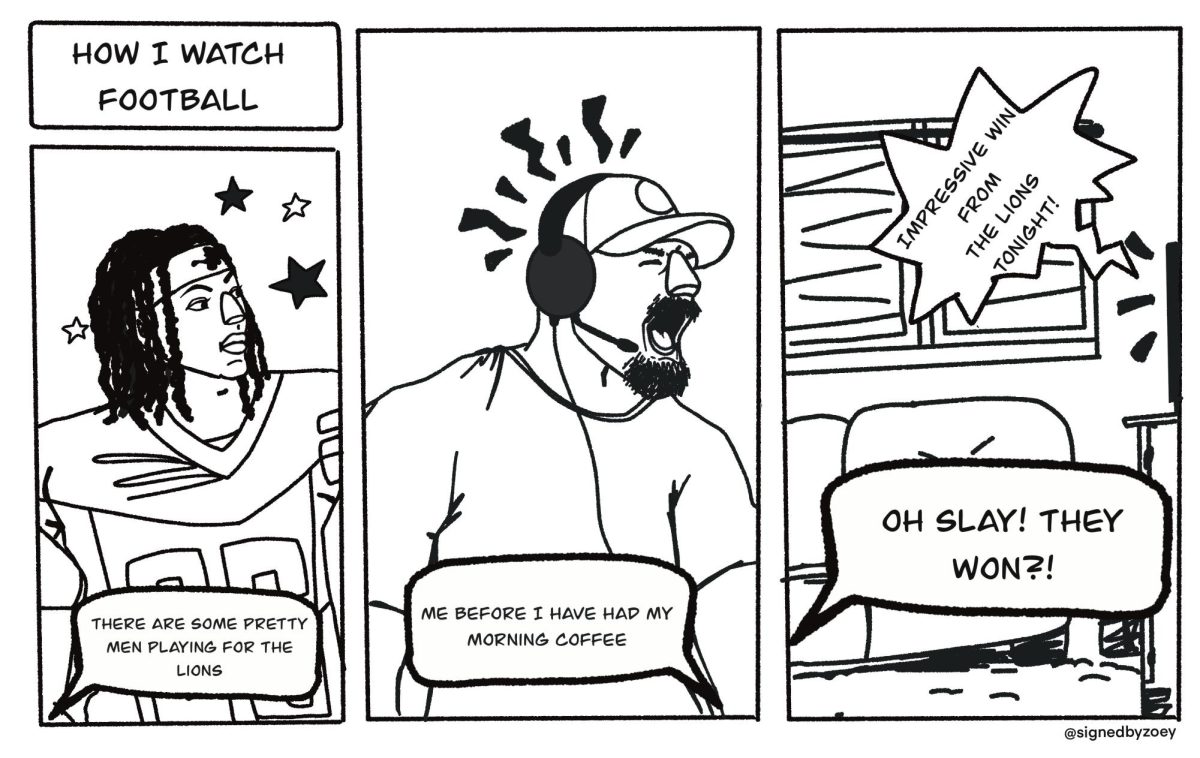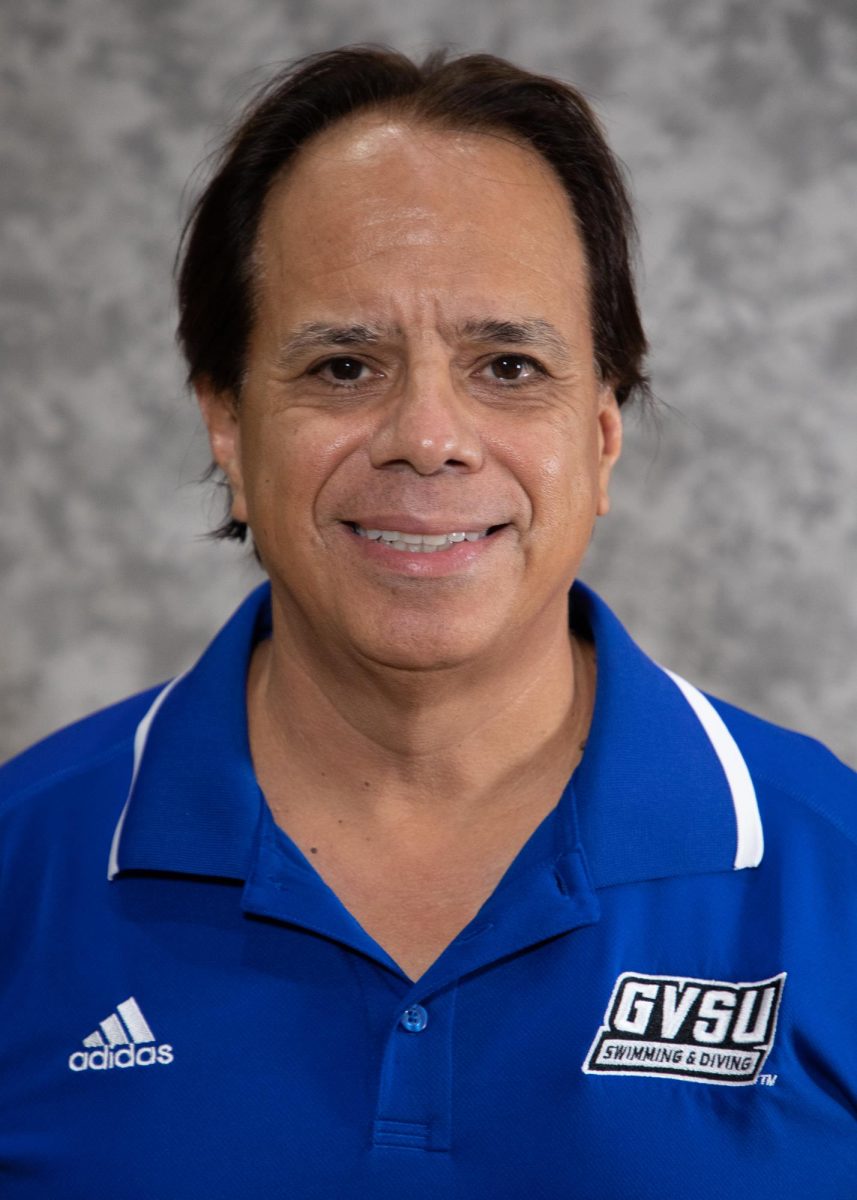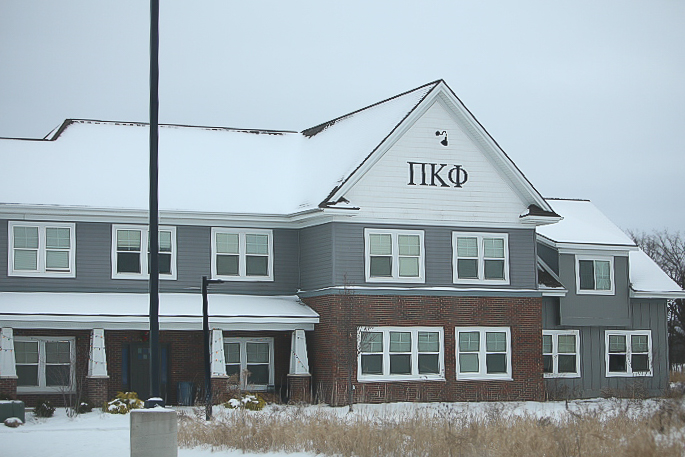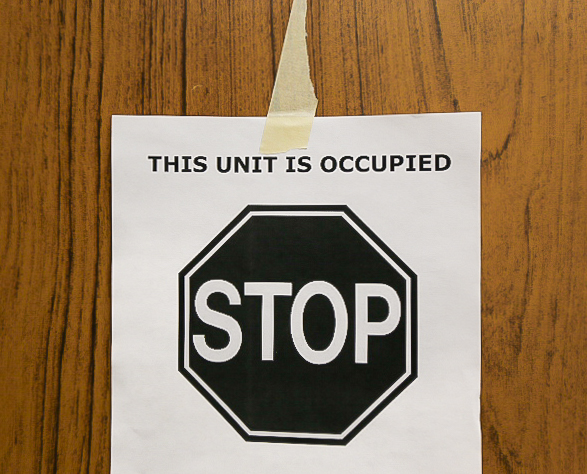Celebrating National Voter Registration Day, reflecting on the Eastman memo
Sep 27, 2021
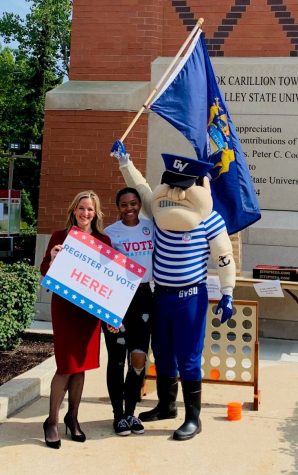
In the time leading up to Jan. 6th, then-President Trump’s supporters were gearing up to attend a protest that would escalate into violence and disrupt the joint session where Congress was counting ballots. Concurrently, Trump and his crew were formulating their own plan to undermine democracy.
John Eastman, one of Trump’s lawyers, drafted a six-step plan in a memo that detailed a possible strategy to employ on Jan. 6, which would overturn the results of the election and “re-elect” Donald Trump. This week, CNN published Eastman’s memo, revealing Trump and Eastman’s plan.
Essentially, on Jan. 6, during the joint session of Congress, Mike Pence would throw out the electors from seven states. The total number of appointed electors would be lowered to 454, and Trump would have the majority of those votes.
However, Trump and Eastman failed to get Pence on board with their plan, and they never attempted it. Teri Kanefield and Jamelle Bouie, columnists from the Washington Post and the New York Times have speculated that the plan if implemented, would have inevitably failed. But they also emphasized that the memo reflects dangerous attitudes that are on the rise in the United States.
These warnings are backed up by data from a NORC pilot survey from earlier this year that suggested an alarming number of Americans hold insurrectionist sentiments, months after the riots at the capitol in January, which were ignited by Trump, who was trying to launch his own seditious scheme behind the scenes.
While the Eastman memo is arguably just a relic from a previous administration, the shrewd planning and the willingness to undermine democracy are qualities of conservative elected officials that are still in power.
Over the summer, a wave of bills that restricted voting rights swept across the country. After conservatives in power lost an important election, partially due to the massive turnout from historically marginalized groups, they have actively sought to change who is and who isn’t allowed to vote, and institute discriminatory laws.
Just a few weeks ago, Texas governor Chris Abott signed a restrictive voting bill into law. Several voting rights groups sued the state of Texas, claiming in their lawsuit that the bill violates the Voting Rights Act and targets Texans of color and those with disabilities.
This past summer, Governor Gretchen Whitmer vetoed Michigan’s restrictive voting bill. But earlier this month Republicans launched a petition that would require absentee voters to send personal information, like their ID number and the last four digits of their SNN, and bar Secretary of State Jocelyn Benson from sending out absentee ballot applications.
The organizers of the petition stressed that the petition is unrelated to Trump’s claims that the election was stolen, but there is a similarity between the two attempts to game the system to produce desirable results.
Thankfully, while there have been myriad attempts to limit voters’ access to the polls, and overturn the results of elections, larger groups like the ACLU have played an instrumental role in challenging unconstitutional laws, and local organizations like Grand Valley State University’s Community Service Learning Center have made an effort to get students registered to vote.
Sept. 28th is National Voter Registration Day, and GVSU is planning to celebrate with National Voter Registration Week. A week after the release of a document describing Trump’s plans to subvert democracy and undermine the 2020 election, you can flaunt your democratic ideals by taking advantage of GVSU’s resources and making a plan to vote this fall.









